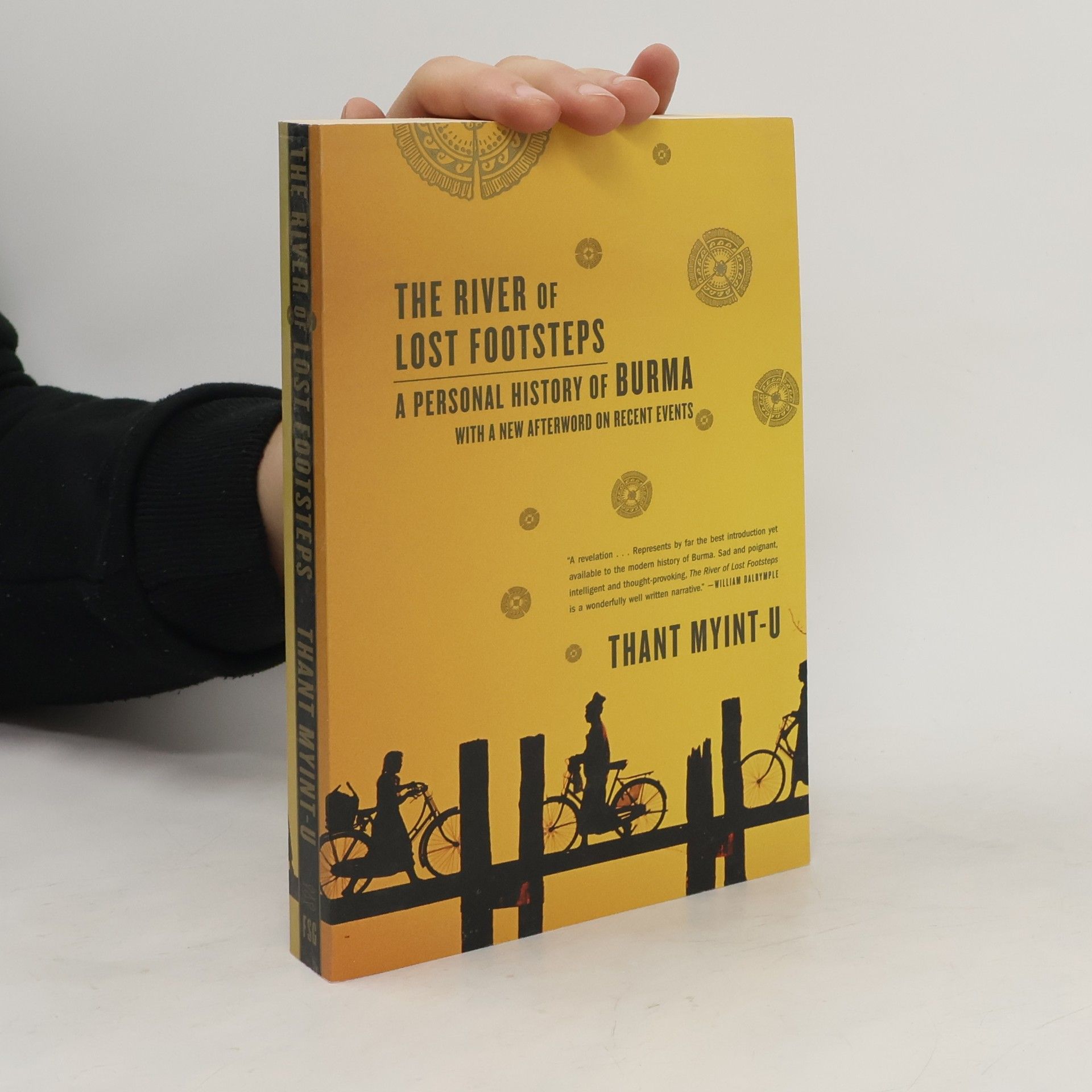A compelling and timely inside account of the recent crisis in Burma and its troubled journey from dictatorship to democracy.
Thant Myint-U Bücher
Thant Myint-U ist ein Autor, dessen Werke tief in die Geschichte und Gesellschaft Burmas eintauchen. Geprägt durch seinen akademischen Hintergrund in Harvard und Cambridge sowie seine Erfahrungen bei UN-Friedensmissionen, bietet sein Schreiben einen eindringlichen Einblick in komplexe soziale und politische Kräfte. Durch seine Prosa erforscht T. M.-U. die vielschichtigen Verbindungen zwischen Vergangenheit und Gegenwart und deckt die Nuancen auf, die Nationen und ihr Schicksal prägen. Seine unverwechselbare Stimme bringt fesselnde und aufschlussreiche Erzählungen zu entscheidenden Themen hervor.


What do we really know about Burma and its history? And what can Burma's past tell us about its present and even its future? For nearly two decades Western governments and a growing activist community have been frustrated in their attempts to bring about a freer and more democratic Burma—through sanctions and tourist boycotts—only to see an apparent slide toward even harsher dictatorship. Now Thant Myint-U tells the story of modern Burma, and the story of his own family, in an interwoven narrative that is by turns lyrical, dramatic, and deeply affecting. Through his prominent family's stories and those of others, he portrays Burma's rise and decline in the modern world, from the time of Portuguese pirates and renegade Mughal princes through a sixty-year civil war that continues today—the longest-running war anywhere in the world. The River of Lost Footsteps is a work at once personal and global, a "brisk, vivid history" (Philip Delves Broughton, The Wall Street Journal) that makes Burma accessible and enthralling.